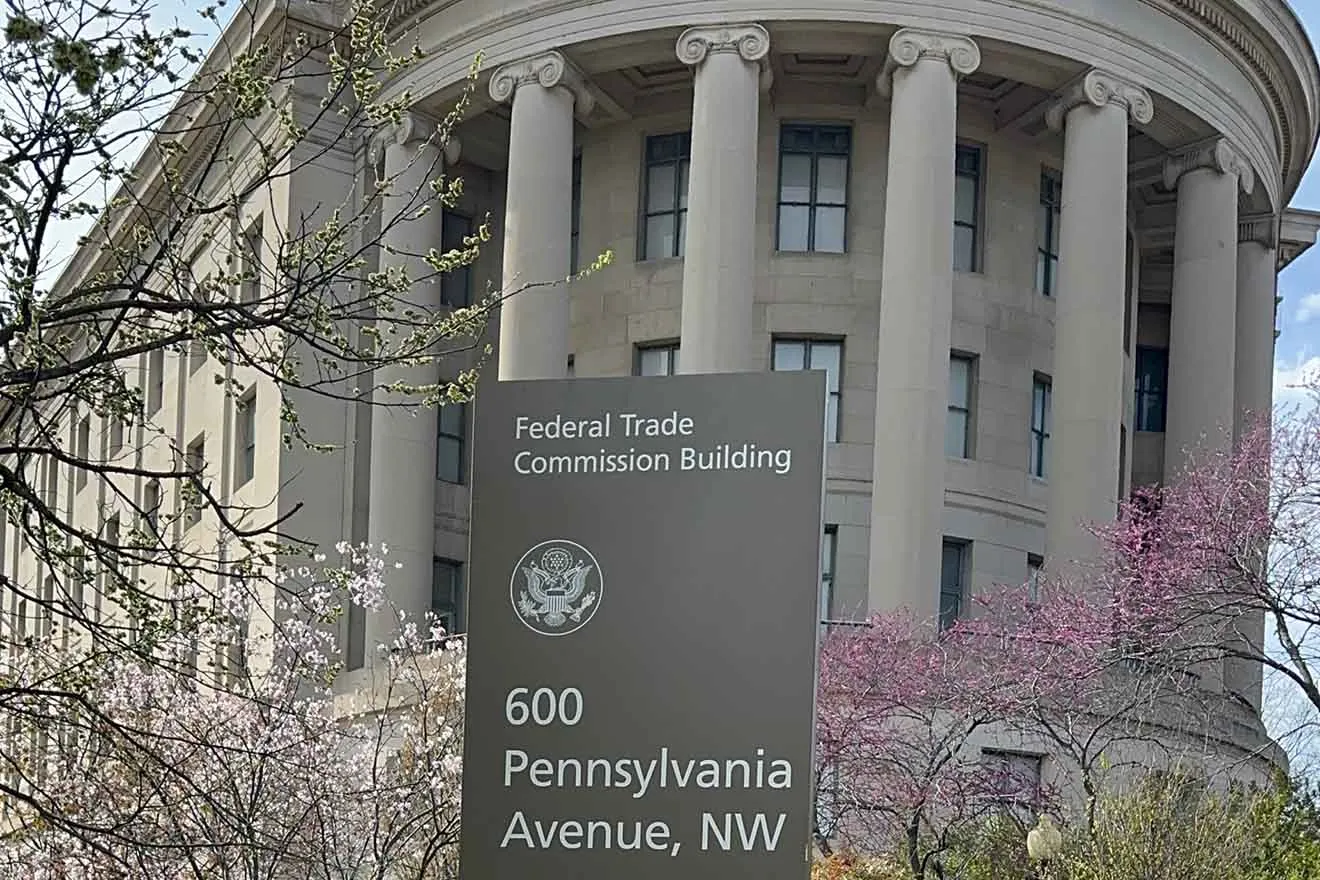
Colorado lawmakers ponder several measures to boost children's mental health
Click play to listen to this article.
(Colorado News Connection) Advocates say Colorado legislative leaders are working to make the state a leader in addressing the youth mental health crisis. At least nine bills are pending, ranging from funds for existing programs to creating new ways to reach children and adolescents.
A recent study showed the need is great and the number of children requiring care is growing. At the same time, the availability of services is dwindling.
Sandra Fritsch, a psychiatrist with Colorado Children's Hospital, said she is heartened to see policymakers paying attention to the problem but the need may be greater than what they can approve.
"Mental health is bipartisan," Fritsch argued. "You can't have a family and not have someone within that family that's affected in some way as well. I think that's one place where a lot of people agree."

She noted studies show of those living with a diagnosed mental health condition, only 25% are receiving the specialty care they need. Among children, almost 65% of Coloradans ages 12 to 17 who have depression did not receive any care in the previous year.
The legislature is working on bills to make the "I Matter" program permanent, expand access to youth mental health first aid, increase access to school-based health care, and create a children's behavioral health system.
Fritsch pointed out technology will be used to deliver of many of the services.
"We do have more available kinds of treatments through the emerging telehealth system, from partial hospitalization programs to individual work to intensive outpatient programs," Fritsch outlined. "It's emerging and hopefully developing in a good way."
A recent poll showed an overwhelming majority of voters -- and 95 % of Colorado parents -- believe there is a growing mental health crisis affecting children and youths in Colorado. Fritsch believes it is changing minds about mental health care.
"It's kind of like, 'Well, kids don't vote, they're not our constituents.' I think that has shifted and changed dramatically," Fritsch emphasized. "People are recognizing that if we don't spend the time to really take care of and support our youth to be as healthy as possible, that our population is going to suffer."

















